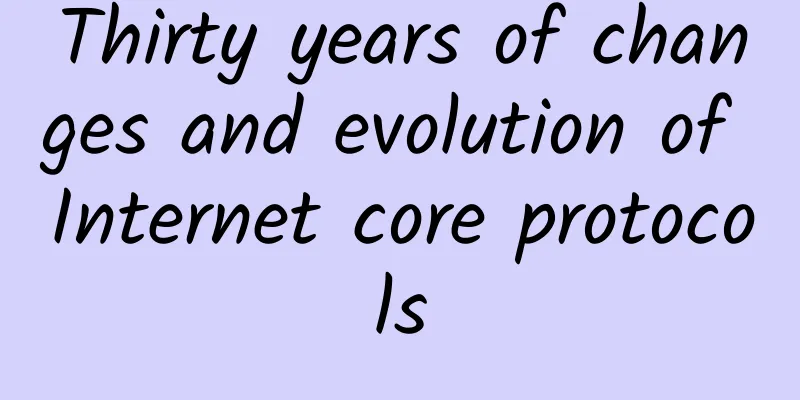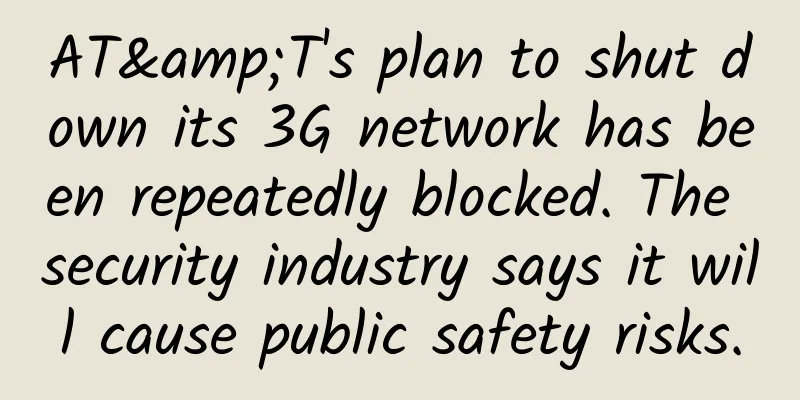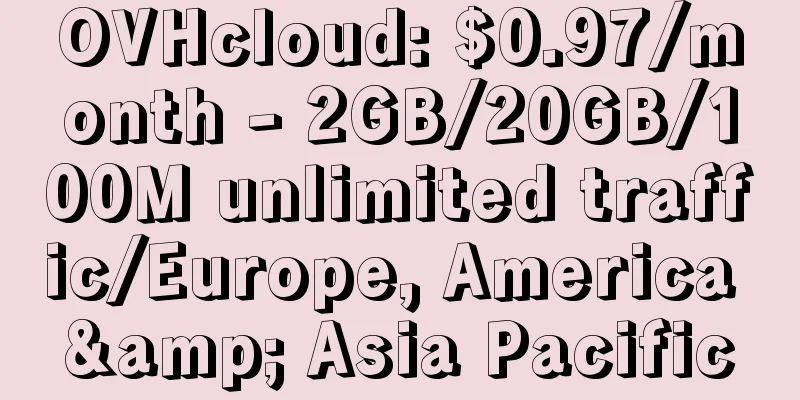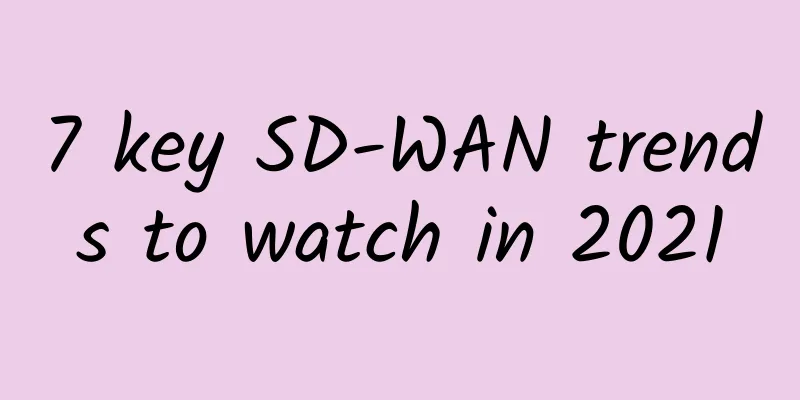Deutsche Telekom warns: Banning Huawei will hinder Europe's 5G development
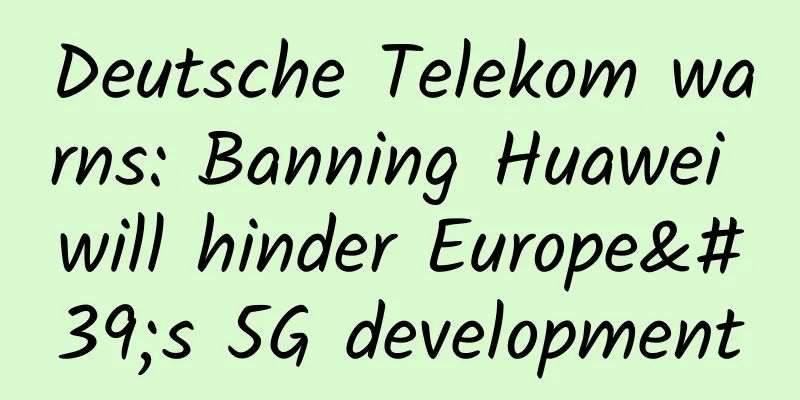
|
Europe will fall behind the United States and China in deploying the next generation of wireless networks if governments ban Chinese equipment supplier Huawei from participating in 5G due to security concerns, according to an internal assessment by Deutsche Telekom. Deutsche Telekom executives warned that excluding Huawei from 5G network suppliers would delay the development of the technology by at least two years, according to a person familiar with the matter, who asked not to be named because the assessment is confidential. A Deutsche Telekom spokesman declined to comment. Germany and other European governments have been weighing whether to impose restrictions on the use of Huawei equipment. Chinese Foreign Minister Wang Yi warned during a trip to Europe last week against using "fabricated" excuses to target Huawei. Internal Deutsche Telekom documents show the telecoms industry is already on edge and the government could throw its carefully crafted network expansion plans into disarray. Huawei has become a leading supplier to European telecoms companies as they prepare to invest billions of euros in 5G networks to cope with growing data demand and support lucrative new applications such as autonomous driving, smart appliances and connected factories. Deutsche Telekom has installed Huawei systems on thousands of its wireless towers. Huawei's technology also underpins some of Deutsche Telekom's cloud products. In its internal assessment, Deutsche Telekom said 5G networks must be built on existing 4G infrastructure, which relies extensively on Huawei equipment. If Huawei is completely banned and the company is forced to remove all its equipment, it will cause the industry to lose billions of euros, according to people familiar with the matter. Such a blanket ban on the use of Huawei equipment is unlikely. For example, the bans in Australia and New Zealand only prohibit the use of Huawei equipment in 5G networks. As pressure mounts, some telecom companies have begun to reduce their cooperation with Huawei, raising questions about their cooperation. Vodafone Group said last week it was suspending some Huawei equipment purchases for its European core network. Deutsche Telekom said last month it was reassessing its procurement strategy - the first sign that the German operator may exclude Huawei from its supplier list. Other countries, including the United States, Australia and New Zealand, have blocked or restricted the use of Huawei equipment in public infrastructure. The United States has put pressure on the German government in particular, with a U.S. delegation sent to Berlin last month to make its case for the risks posed by Huawei. German authorities are weighing how to respond. However, it will not be easy to abandon Huawei in Europe. Most operators have already ordered its equipment because the company's technology is generally considered superior to its competitors. If Huawei is banned, companies including Ericsson, Nokia, Cisco and Samsung will step in, which may lead to capacity constraints. |
<<: H3C wins bid for Qingdao Metro to boost the development of Qingdao's urban rail transit
>>: The ultimate form of 5G and its ferryman
Recommend
BudgetVM: Los Angeles/Dallas/Chicago/Japan/Hong Kong dedicated servers starting at $49 per month
BudgetVM is a local data center founded in 2015. ...
[11.11] HostXen's bandwidth upgrade, recharge 100 yuan and get 20 yuan free, and add a new data center in Tokyo, Japan
Double 11 is coming, HostXen has launched the lat...
Huawei obtains the world's first PUE test certificate for micro-module products
The 4th Data Center Infrastructure Summit was suc...
Are there fake Gigabit routers? Have you ever avoided these manufacturers' pitfalls?
The story of how home networks are as slow as a s...
Huawei releases Net5.5G full range of solutions to stimulate new growth for operators
[Barcelona, Spain, February 26, 2024] During MW...
WiFi 6 is not suitable for individual users yet
5G has become a household name, but its new WiFi ...
Stay true to our original aspiration and keep moving forward | What did they gain from their journey to Huawei's ICT ecosystem?
[51CTO.com original article] Summer is coming to ...
TmhHost Summer Promotion: 20% off BGP cloud servers in Hong Kong/Los Angeles/Zhenjiang, CN2 GIA line + high defense
As the temperature gradually rises, this year'...
Factors that affect OSPF neighbor relationships, OSPF neighbor issues: network and subnet mask
1. OSPF troubleshooting: Multi-point access netwo...
What factors determine the price of HTTPS certificates?
In the era of big data, when information is trans...
Racing against time: Why does Weimob's data recovery take so long?
Several days have passed since the WeMall "d...
Huawei and partners build a "capability-based" ecosystem to accelerate digital transformation in thousands of industries
[51CTO.com original article] From "0 to 1, 1...
RackNerd: $20.88/year KVM-2GB/40GB/5TB/Los Angeles data center
RackNerd has launched two more FLASH SALE package...
DediPath July Promotion: 50% off all VPS/HybridServers/Dedicated Servers, multiple data centers in Los Angeles/San Jose, etc.
DediPath has released this month's promotion ...
Six advantages of deploying SD-WAN
With the increase in data analysis, media traffic...
